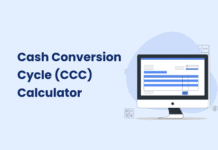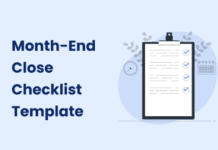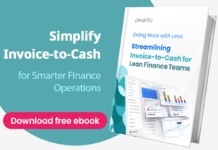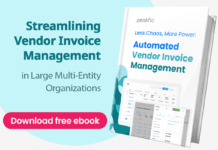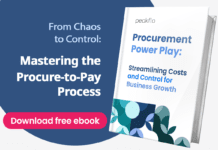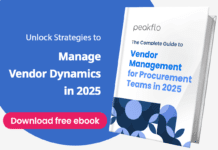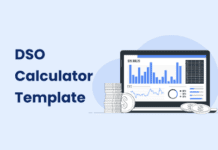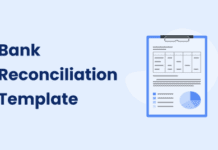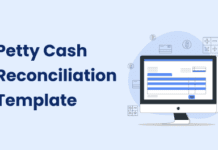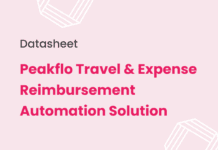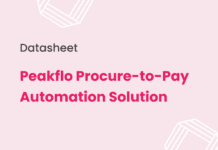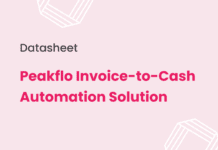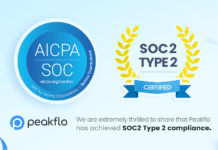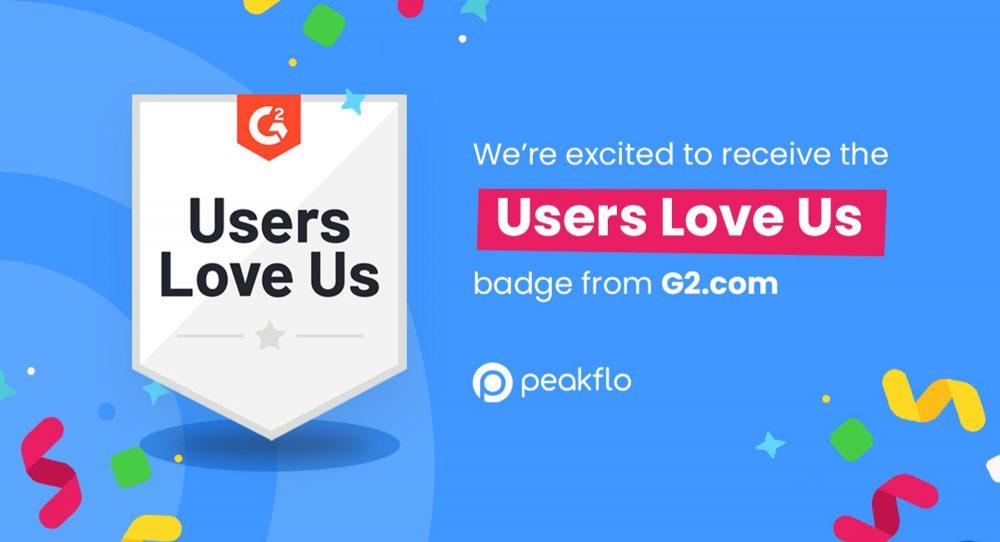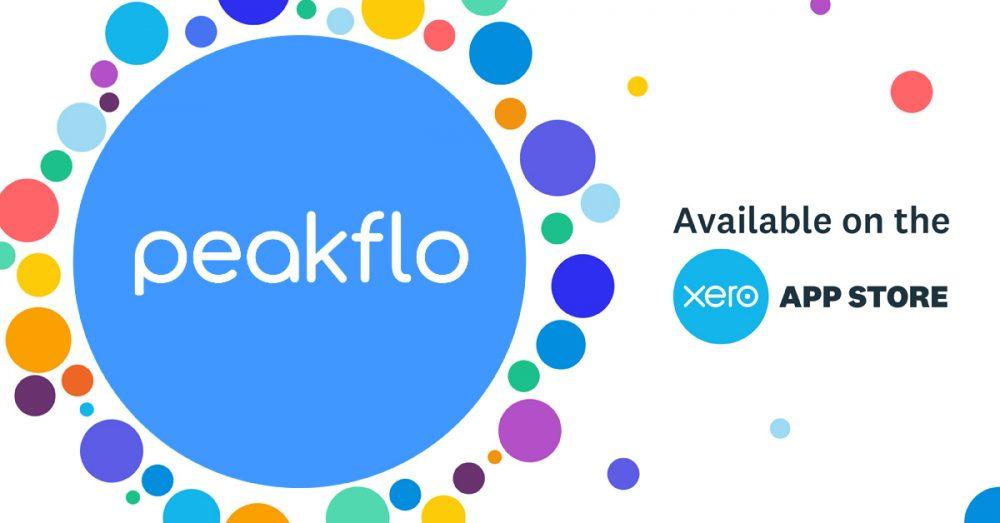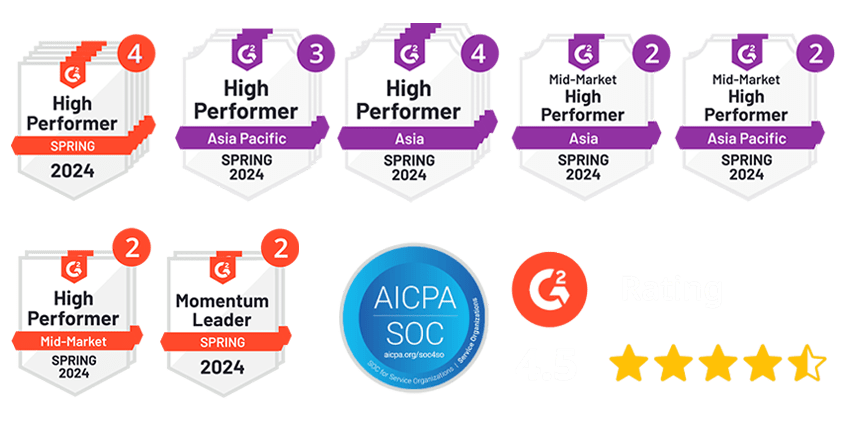AI platform selection can be overwhelming for businesses facing rapid technological change. According to Gartner, 33% of enterprise software will use agentic AI by 2028, compared to just 1% in 2024. This dramatic growth reflects the potential of systems designed to autonomously complete complex goals and manage workflows with minimal human oversight.
The sharp increase in AI platforms represents a fundamental shift in how business software functions. Understanding the distinct capabilities of agentic AI becomes essential as you evaluate options for your organization. These systems function independently, proactively, and intelligently, addressing complex challenges in ever-changing environments. IBM’s agentic AI tools resolve 94% of requests automatically, speed up onboarding by 25%, and reduce reporting time by up to 88%.
Business AI software options continue to multiply, making the right choice more complex than ever. Finding the right solution requires careful consideration of your specific needs and operational requirements. This guide will help you evaluate AI software for businesses in 2025, ensuring you select a platform that delivers real value rather than just promising advanced technology.
Understanding AI Platforms for Business
Image Source: LeewayHertz
AI platforms are reshaping business operations in ways that demand careful consideration. Understanding what these platforms are and how they differ from traditional software becomes essential as you explore options for your organization.
What is an AI platform?
An AI platform is an integrated collection of technologies that enables you to develop, train, deploy, and operate machine learning models. It serves as a technological foundation that connects all your data sources, tools, and AI models in one centralized environment. The best AI platform for business handles everything from data ingestion to model deployment, allowing you to extract valuable insights from previously disconnected information sources.
These platforms typically include:
- Data processing and analysis capabilities
- Machine learning operations (MLOps)
- Collaboration tools for data science teams
- Automated model training and deployment
- Monitoring tools for AI systems in production
How AI platforms differ from traditional software
Traditional software follows fixed, predefined instructions, while AI software continually learns and improves without programmer intervention. Traditional programs operate deterministically—given the same input, they always produce identical outputs. AI models provide probabilistic estimates, predicting likelihoods rather than certainties.
Adaptability creates another key distinction. Traditional software remains static until manually updated by developers, whereas AI platforms continuously update their understanding as new data arrives. This self-improvement capability creates a feedback loop where the system observes, analyzes, and predicts, and then starts the cycle again.
Why 2025 is a turning point for business AI software
AI has evolved from merely answering questions to actually completing entire workflows independently. What previously took a year in traditional technology development now happens in a month, accelerating innovation across all business functions.
Enterprise-grade AI has become remarkably accessible—the cost of accessing PhD-level intelligence has plummeted to approximately $20 per month. This democratization makes sophisticated AI capabilities available to businesses of all sizes, not just tech giants.
PwC projects that AI could contribute up to $15.7 trillion to the global economy by 2030. Organizations that implement AI platforms now position themselves to capture this value while competitors struggle to catch up.
Key Factors to Evaluate AI Platforms
Image Source: Info-Tech Research Group
What should you prioritize when evaluating AI platforms for your business? Five critical factors will help you identify solutions that deliver genuine value rather than empty promises.
1. Autonomy and Task Planning
Effective business AI software demonstrates advanced autonomous capabilities. Look for platforms that offer goal decomposition, task execution, and self-monitoring features. Top-tier AI platforms can operate independently with minimal human guidance and make decisions based on both predefined rules and machine learning models. Enterprise-grade agentic systems have been shown to reduce inbound delivery costs by 50% through autonomous processing.
2. Integration with Existing Tools
Strong integration capabilities should include:
- Compatibility with CRMs, ERPs, and marketing platforms
- API support for connecting to third-party systems
- Direct access to data sources like spreadsheets and databases
Platforms that struggle with integration may limit your ability to leverage existing investments. Seamless connectivity with your current technology stack becomes essential for maximizing the value of your AI implementation.
3. Security and Compliance Standards
Security cannot be an afterthought in today’s regulatory environment. Prioritize AI platforms that comply with frameworks like NIST’s AI Risk Management Framework. AI cloud security compliance tools have shown a 30-50% reduction in compliance costs and a 60% decrease in incident response time. Ensure your chosen platform offers robust encryption, role-based access controls, and continuous monitoring capabilities.
4. Ease of Use for Non-Technical Teams
No-code AI platforms enable users without technical expertise to create and deploy AI models using visual tools and pre-built components. This democratization allows non-technical employees like marketers, analysts, and managers to build AI applications without coding knowledge. Look for intuitive drag-and-drop interfaces that can reduce app development costs by 30%.
5. Scalability and Future Readiness
The AI platform you choose must grow with your business. Assess whether it can handle increasing data volumes without performance degradation. Evaluate if the infrastructure is modular and upgradable to accommodate emerging AI trends. A future-ready platform should enable you to adapt to changing business requirements while maintaining consistent, high-quality outputs.
Types of AI Platforms and Their Strengths
The AI platform landscape in 2025 offers diverse solutions tailored to specific business needs. Understanding these different types helps you identify the right match for your organization’s unique requirements.
1. Agentic AI platforms
Agentic AI platforms enable autonomous, goal-directed behavior from AI systems. These advanced solutions understand high-level intent, break it into executable tasks, use software tools, and monitor their own progress. A recent study found that 88% of survey respondents feel more productive using agentic AI like Copilot.
2. Conversational AI platforms
Conversational AI refers to technologies like chatbots or virtual agents that users can talk to. These systems combine natural language processing with machine learning in a continuous feedback loop to understand and respond naturally. These solutions offer 24/7 availability, consistency in responses, and immediate support without long wait times.
3. Automation-focused platforms
Automation platforms focus on streamlining repetitive business processes. Solutions use IQ Bot technology to interpret unstructured data from documents and emails, reducing manual data entry. This empowers finance and operations teams to reclaim hours, boost accuracy, and focus on strategic work.
4. Developer-centric platforms
Developer-centric platforms provide tools that simplify AI implementation for technical teams. These platforms support a variety of models and frameworks to help manage complexity and accelerate innovation. Key features include agent mode for autonomous operation, provider-agnostic capabilities for working with multiple AI model providers, and token-based pricing based on actual usage metrics.
5. Industry-specific AI solutions
Industry-specific AI platforms deliver tailored solutions for particular sectors. According to McKinsey, these specialized tools could drive labor productivity growth of 0.1 to 0.6% annually through 2040. These vertical platforms incorporate domain knowledge, regulatory compliance, and specialized features that general-purpose AI platforms may lack.
How to Choose the Best AI Platform for Your Business
Image Source: Piktochart
Selecting the ideal AI platform requires a systematic approach that aligns with your specific business context. This step-by-step process will help you identify the solution that drives real value for your organization.
1. Define your business goals and workflows
Establish clear objectives for your AI initiative by examining your organization’s strategic priorities. Avoid adopting AI simply because competitors are doing so—instead, identify specific business challenges AI could address. Work closely with stakeholders across departments to understand their goals and pain points. According to Gartner research, over 90% of CIOs consider managing AI cost a major barrier to unlocking its full value, making clear objectives crucial before investment.
2. Match platform capabilities to your needs
Once you’ve identified your objectives, evaluate platforms based on their ability to support your specific requirements. Assess whether you need a full SaaS application or a customized AI model. Consider domain-specific solutions that offer specialized capabilities for your industry rather than general-purpose platforms. Confirm that your chosen platform can connect to your major data sources like Salesforce, Workday, or Google Drive for proper data handling.
3. Assess your internal technical resources
Evaluate your team’s technical expertise honestly. If you lack specialized AI skills, look for platforms with user-friendly interfaces and comprehensive training resources. For organizations with limited technical capabilities, AI-specific cloud providers often eliminate the need for dedicated DevOps or MLOps staff. Businesses with robust technical teams might benefit from developer-centric platforms that offer greater customization potential.
4. Evaluate the total cost of ownership
Calculate the complete TCO beyond initial pricing, which typically includes: hardware, employee training, energy consumption, maintenance, and operational costs. Cloud solutions offer flexibility and lower upfront investment but can lead to higher long-term costs through usage-based pricing. On-premises systems require greater initial investment but provide cost efficiency over time for stable, long-term AI workloads.
5. Consider long-term support and vendor reliability
Investigate vendor reputation and support quality before committing. Examine their portfolio of completed AI projects, looking for diversity in project types and industries. Check for strong customer service, reliable bug reporting, and emergency response capabilities.
Peakflo: Purpose-Built Agentic Automation for Finance and Operations
If you’re evaluating AI platforms to streamline finance and operations, Peakflo stands out with its powerful agentic automation solution, purpose-built to replace repetitive manual work with intelligent, self-improving workflows.
Whether you’re managing procure-to-pay, invoice-to-cash, vendor onboarding, or anomaly resolution, Peakflo empowers your teams to do more with less:
Agentic Workflows
Users simply record their existing processes, and Peakflo’s AI decomposes those into automated, repeatable workflows. From PO matching to approvals and reconciliations, the system executes tasks independently, learns from exceptions, and continuously improves, with no need for constant human tweaking.
Autonomous Voice Agents
With Peakflo’s multilingual AI voice agents, you can automate invoice collection, order updates, reminders, and customer follow-ups via Phone, SMS, or WhatsApp. These agents integrate directly with your ERP and escalate when needed, ensuring real-time responsiveness at scale.
Seamless ERP Integration
Peakflo connects natively with systems like NetSuite, Microsoft Dynamics NAV, and QuickBooks, ensuring end-to-end automation across your finance stack, without compromising accuracy or control.
Built for Future Readiness
Peakflo’s infrastructure is modular, scalable, and constantly evolving, ensuring you stay ahead in a rapidly changing AI landscape. Whether you’re a mid-sized team or a multi-entity enterprise, Peakflo adapts to your workflows and grows with your needs.
Schedule a personalized demo with Peakflo and see how agentic AI can revolutionize your finance and operations, so your team can focus on strategy, not admin.
Conclusion
AI platform selection represents a critical decision for your business as technological change accelerates. This guide has examined how AI platforms differ fundamentally from traditional software through their ability to learn, adapt, and improve without constant programmer intervention.
The evaluation factors discussed—autonomy, integration capabilities, security standards, user-friendliness, and scalability—provide a structured framework for your decision-making process. Understanding the distinct categories of AI platforms helps narrow your focus toward solutions that align with your specific needs.
AI has moved beyond hype into practical business applications. Your careful platform selection today will position your organization to thrive amidst rapid technological change, turning AI potential into tangible business results that drive growth well beyond 2025.
Try out Peakflo today to see how our AI-powered automation platform can streamline your finance and operations processes with autonomous voice agents and intelligent workflows.
FAQs
Q1. How do I select the right AI platform for my business?
To choose the best AI platform, start by defining your business goals and workflows. Then, match platform capabilities to your specific needs, assess your internal technical resources, evaluate the total cost of ownership, and consider long-term support and vendor reliability.
Q2. What are the key factors to evaluate when choosing an AI platform?
The main factors to consider are autonomy and task planning capabilities, integration with existing tools, security and compliance standards, ease of use for non-technical teams, and scalability for future growth.
Q3. How do AI platforms differ from traditional software?
Unlike traditional software that follows fixed instructions, AI platforms continuously learn and improve without constant programmer intervention. They provide probabilistic estimates rather than deterministic outputs and can adapt to new data in real-time.
Q4. What types of AI platforms are available for businesses?
There are several types of AI platforms, including agentic AI platforms for autonomous task completion, conversational AI platforms for natural language interactions, automation-focused platforms for streamlining processes, developer-centric platforms for technical teams, and industry-specific AI solutions tailored to particular sectors.
Q5. Why is 2025 considered a turning point for business AI software?
2025 marks a pivotal moment for AI adoption as it evolves from answering questions to completing entire workflows independently. The accessibility of enterprise-grade AI has increased dramatically, with costs plummeting and capabilities expanding, making sophisticated AI tools available to businesses of all sizes.

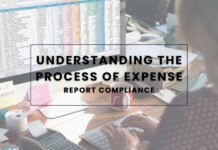





![Agentic Automation Explained: From Basics to Business Impact [2025 Guide] Agentic Automation](https://cdn-kmjmp.nitrocdn.com/YvtqmrsiHUxqerlSiZgbfzqqTARWTElr/assets/images/optimized/rev-a4aafe3/blog.peakflo.co/wp-content/uploads/2025/07/d2182d50-cc78-4be9-8f70-b407b7f098e4-218x150.webp)
